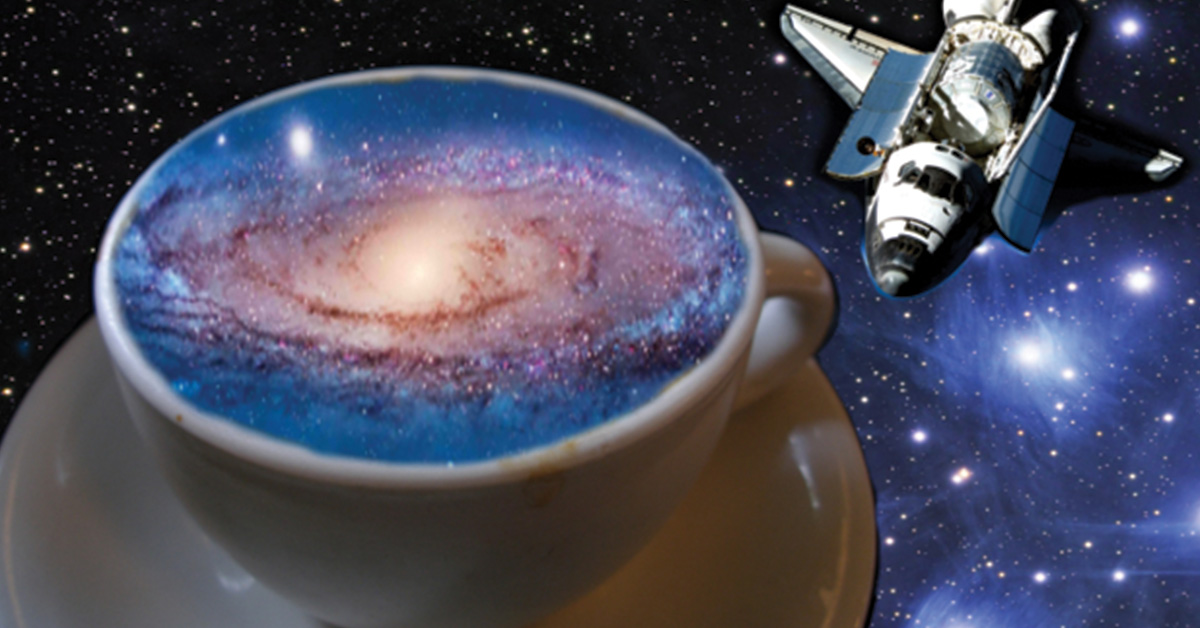Shopping Bag
0
- No products in the cart.

Pricey dishes usually announce themselves. The $35 burger at Db Bistro Moderne has foie gras oozing out of the center. The $1,000 Golden Opulence Sundae at Serendipity 3 is festooned with gold leaf.
But at Round K cafe on New York’s Lower East Side, the cup of Astronaut coffee is unprepossessing. It’s a pour-over that takes a few minutes to steep and arrives in front of you in a lovely, though not exceptional, china cup. The inky, brown brew arrives without decoration, and a cup costs $50.
Coffee with hefty price tags is becoming more common. Eleven Madison Park, voted the best restaurant in the world (with a $295 tasting menu) has introduced a $24 coffee service. It’s made from elite Colombian beans and brewed tableside.
Klatch Coffee Inc. in Southern California recently made noise with a cup of coffee that costs $55. Last year, the roaster in Rancho Cucamonga, Calif., was the only U.S. company to score a harvest of exceedingly rare Esmeralda Geisha Canas Verdes Natural beans, from Panama. An additional argument can be made for the chocolate-flavored Yemeni beans at up to $240 per pound.
Round K does not have triple-digit tasting menus or fought-over beans. The miniscule café has a roaster in the window, coffee bags for rugs, and My Korean Girlfriend breakfast sandwiches. What makes the Round K Astronaut coffee so pricey is what owner Ockhyeon Byeon does with the beans. He sends them into space.
“I wanted to check the effects of atmospheric pressure on coffee,” says Byeon. The thirtysomething, bleached-blond Korea native has a degree in electrical engineering from Konkuk University in Seoul and a tattoo of the molecular structure of caffeine on his right forearm. He started working at coffee shops in college and became fascinated by the chemical reactions involved. At Round K, he experiments with soaking beans in ocean water at Long Island’s Rockaways and explores the benefits of cold extraction by freezing ground coffee and water in pressurized containers.
To make his Astronaut coffee, Byeon put one pound of beans, sourced from a small farm in Colombia, into a weather balloon and launched it into space from New Jersey. He estimates that it went about 30 miles up, almost to the mesosphere. He recovered the heavily duct tape-wrapped package about five hours later, using GPS. When he opened the package, Byeon found the beans slightly frozen and coated with water, a result of air pressure.
I invited coffee expert Oliver Strand to enjoy a cup of Astronaut coffee. (The coffee goes on and off Round K’s menu, based on Byeon’s roasting schedule. He’s also selling 60-gram packages, good for two servings, for $50.) Strand has visited roasters and farms around the world and writes about coffee for such publications as the New York Times. This would be the priciest coffee he’s tasted that he didn’t brew himself. At home, Strand has prepared Geisha coffee, a comparably pricey strain of Ethiopian beans grown in South America described as having notes of bergamot and citrus.
Free Shipping On All Orders $200+ |
